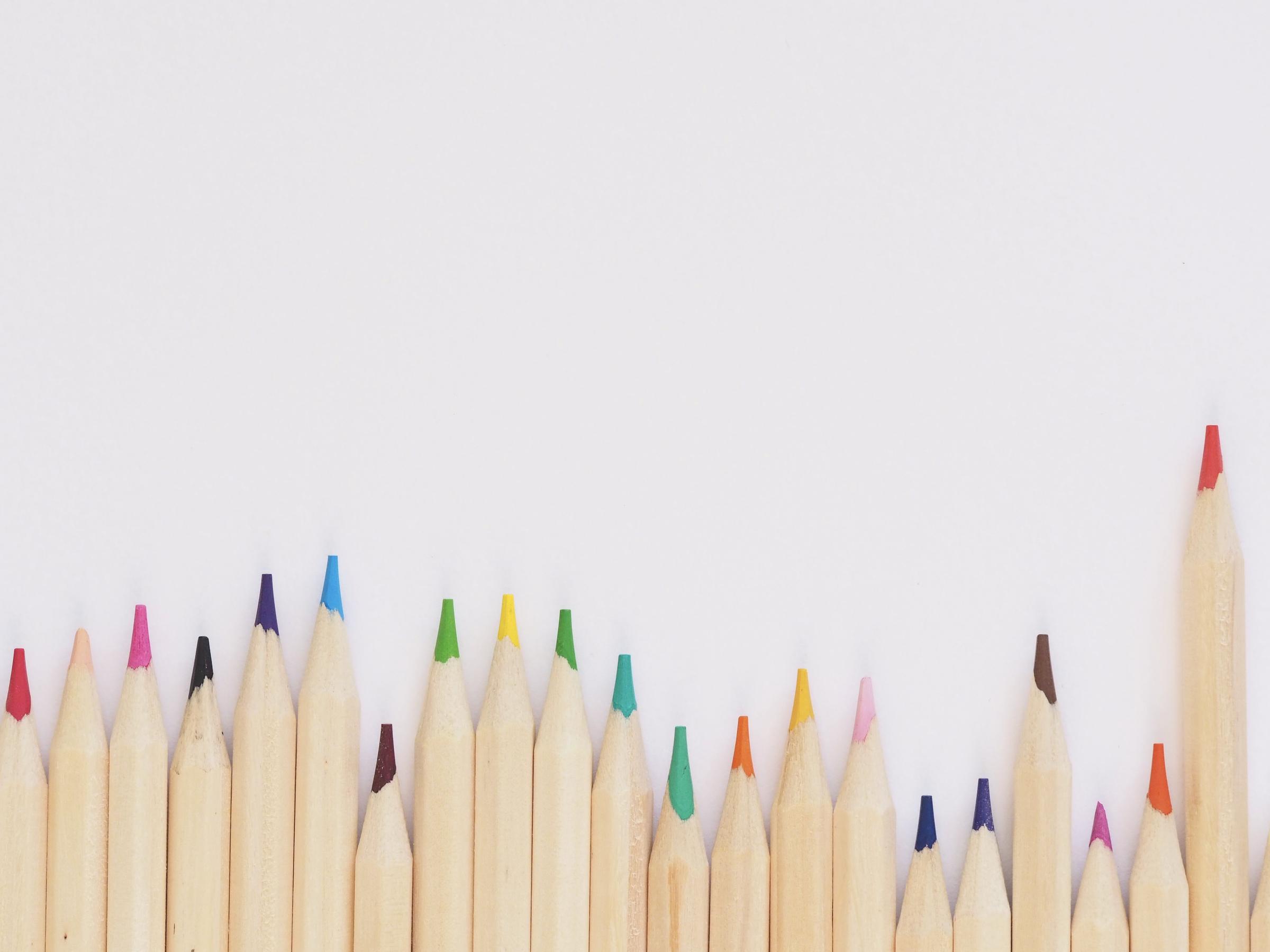Principal's Report

Dear School Community,
I am so pleased to be driving to school every morning and be welcomed by our lovely school community. Besides stepping into this warm climate and embracing the Queensland weather, I feel a sense of happiness when I engage with our caring staff, students and parents/carers on a daily basis.
Parent and Citizenship Association
It is with great pleasure that I am able to announce that our school’s P&C has now officially been formed. A special meeting was called this morning to discuss ‘where to next’ for our P&C as we need our parents to be the voice of our community, to strengthen who we are as a school. Our next P&C Meeting will be conducted on Friday the 15th of October at 9:00. We invite as many parents as possible to this meeting. We will be sending out a Teams Link for parents who may not be able to attend in person but who are able to join the meeting from home. More information will be shared with you closer to the time.
Welcome and thank you to the following 2021 P&C Members:
President: Myles Spreadborough
Vice Presidents: Ewan Filmer and Andrew Daley
Treasurer: Trudy Horton
Secretary: Alana Hudson
Thank you for the time and effort which you continue to invest in this great school we have. RNSS THE PLACE TO BE.
School Attendance
We kindly need to remind our parents and carers that before school supervision starts at 8:30. Students who arrive before this time, need to be supervised by their parent or carer. If students arrive after 9:10 they need to be signed in by the parent or carer at the front office, where they will be warmly welcomed by Judy’s lovely smile.
If your child is not well we encourage that they stay at home and please inform the school.
Universal Design for Learning (UDL)
A group of five teacher including members of the leadership team are completing a short course on UDL. UDL is a way of thinking differently about the delivery of teaching and learning to students of all abilities. The UDL Guidelines have supported educators across the globe in the design of inclusive educational experiences and environments to support and guide the removal of barriers to equitable learning and outcomes. If you are interested in reading more about UDL please click on the link;
https://www.cast.org/impact/universal-design-for-learning-udl
Why Science?
Science is important because it creates new technologies. From self-driving cars to Martian rovers, nano-sized cancer zappers, origami folded prosthetic limbs, light controlled brains, even quantum computing – there is no shortage of places that science is advancing.
Can you imagine your life without the phone? Not the phone in your pocket, but just a regular landline, dial-up phone? Without science, we wouldn’t have those, let alone the mini computer that is sitting next to you that we now call a phone.
Can you imagine your life without electricity? You would be cooking your food over fires, keeping warm with layers of blankets, hand sewing all of your clothes, or walking from place to place. You certainly wouldn’t be reheating dinner in your microwave.
Old technology was once new, once novel, once so exciting that one could hardly imagine living in a world with those technologies. Today, we live in a world where we can’t imagine living without these.
There was a time when we thought the world was flat. Can you imagine planning your trips in a flat world? Can you imagine trying to explain the movement of land masses on a flat Earth? Science helps us understand our world. From understanding gravity to the spherical shape of the Earth, to climate change, science helps us understand and interact with the world around us. As we move from understanding the basic laws of physics, to realizing that even the basic laws are far more complex than we had ever imagined, we gain more insight in how we can better solve problems in our world. Science improves human life at every level, from individual comfort to global issues. Once you begin to see all the opportunities to learn, the relationship between science and critical-thinking skills become apparent.
Beginning when children are very young, science helps shape their development. As they learn to ask questions, make predictions, observe, test, and then communicate their findings, they are developing critical science skills. Our school will be focusing on more Science learning opportunities for all students and we will have a dedicated Science teacher starting next year.
Here are some tips on helping your child to engage with Science:
https://www.learningliftoff.com/how-to-teach-kids-science-and-why-its-important/
Thank you to our school community for your support in making our school such an amazing place! I wish everybody a lovely and relaxing holiday.
Dehlia
